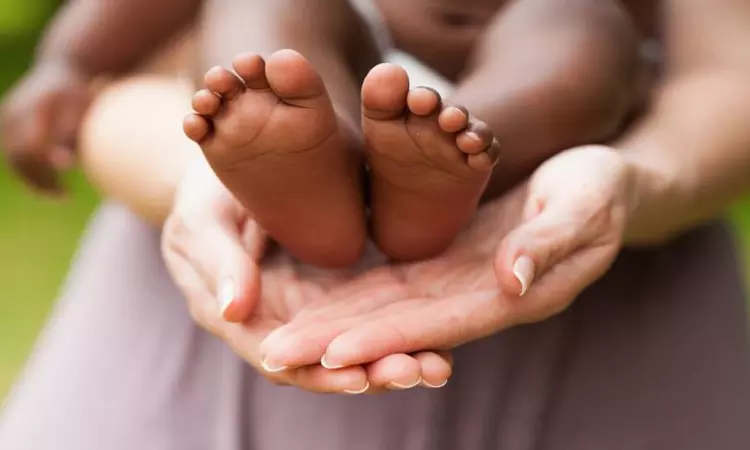Marital Status Of Woman Cannot Be Determining Factor For Giving Up Her Child In Adoption: Madras High Court
Upasana Sajeev
14 Jun 2024 5:20 PM IST

Next Story
14 Jun 2024 5:20 PM IST
The Madras High Court has observed that a woman's marital status should not be a determining factor while considering her child's adoption. Justice GR Swaminathan observed the proviso to Section 9(2) of the Hindu Adoption and Maintenance Act 1956 which mandates consent of the other parent would not apply when the mother/father of the child to be given in adoption is absent....
